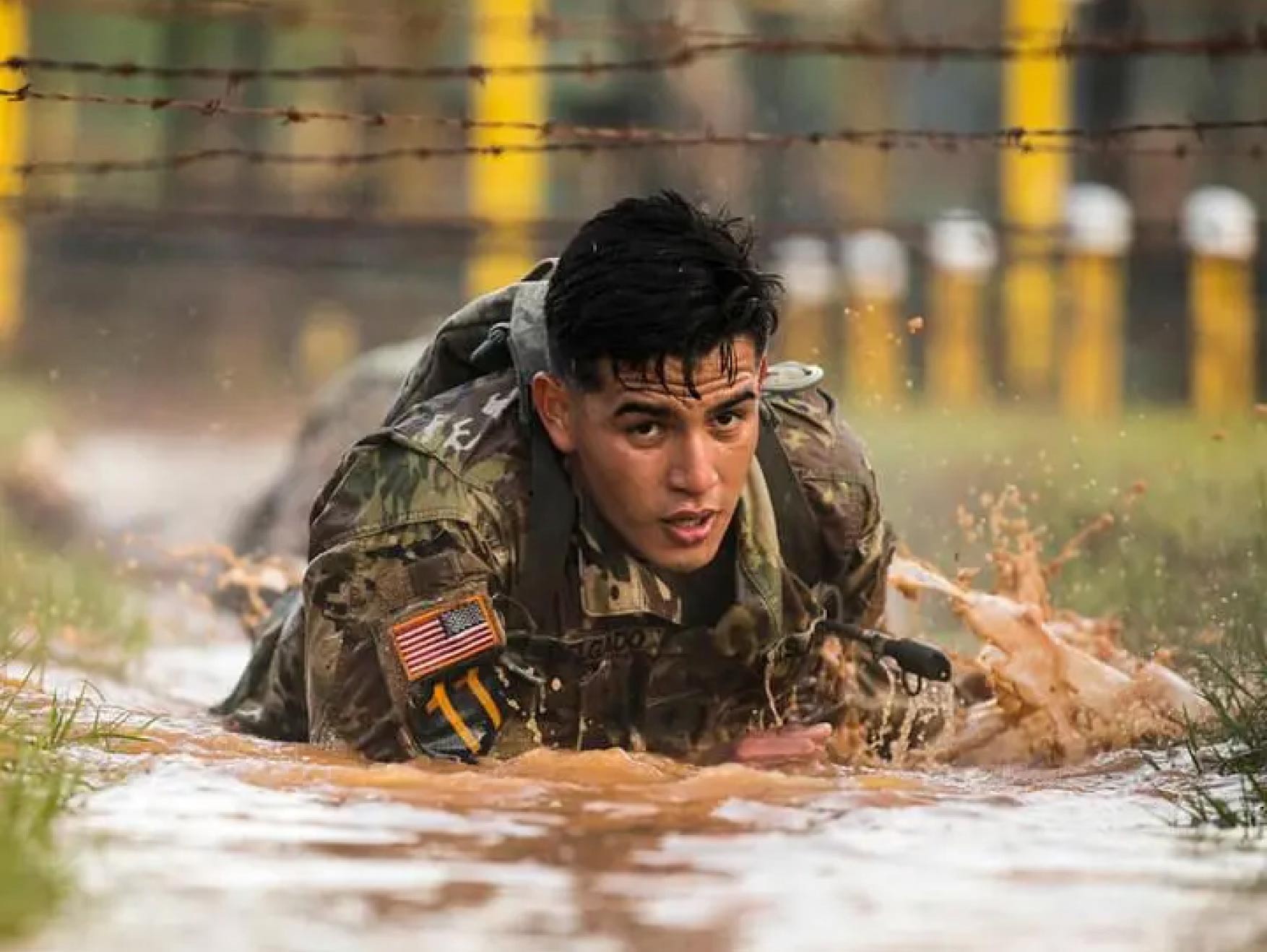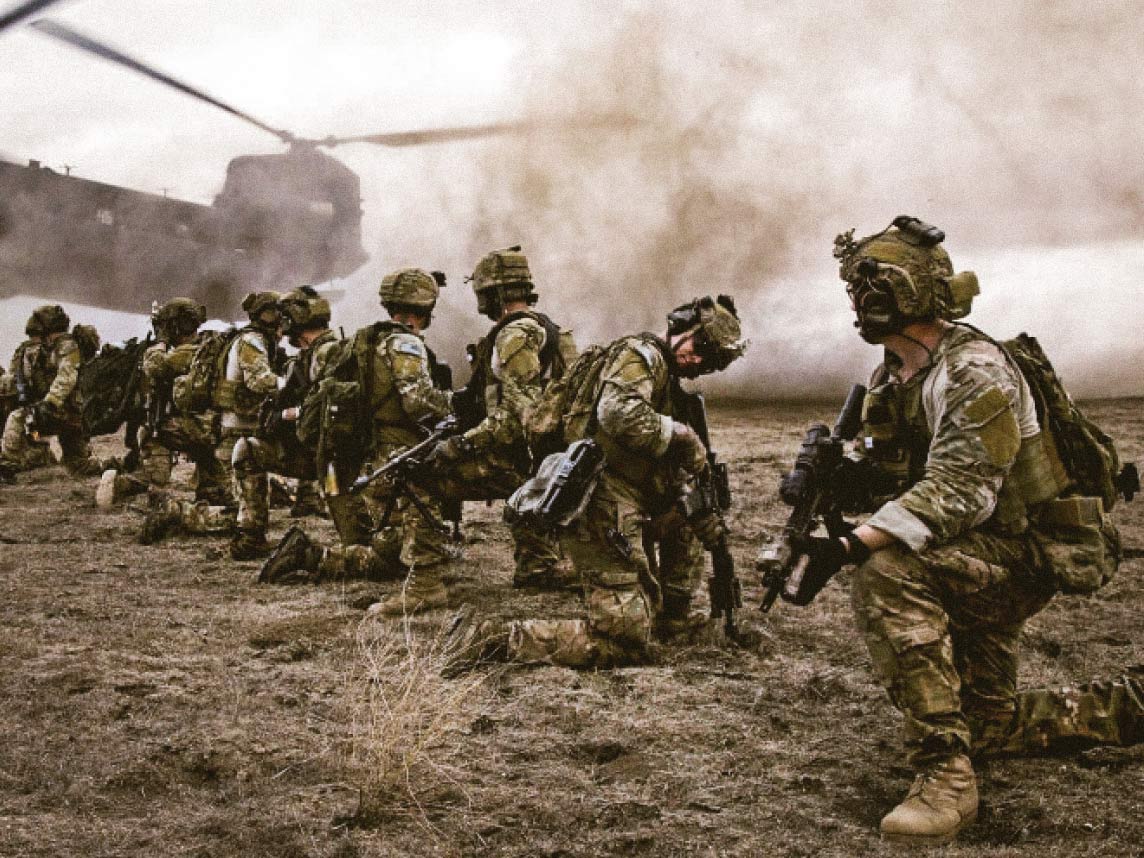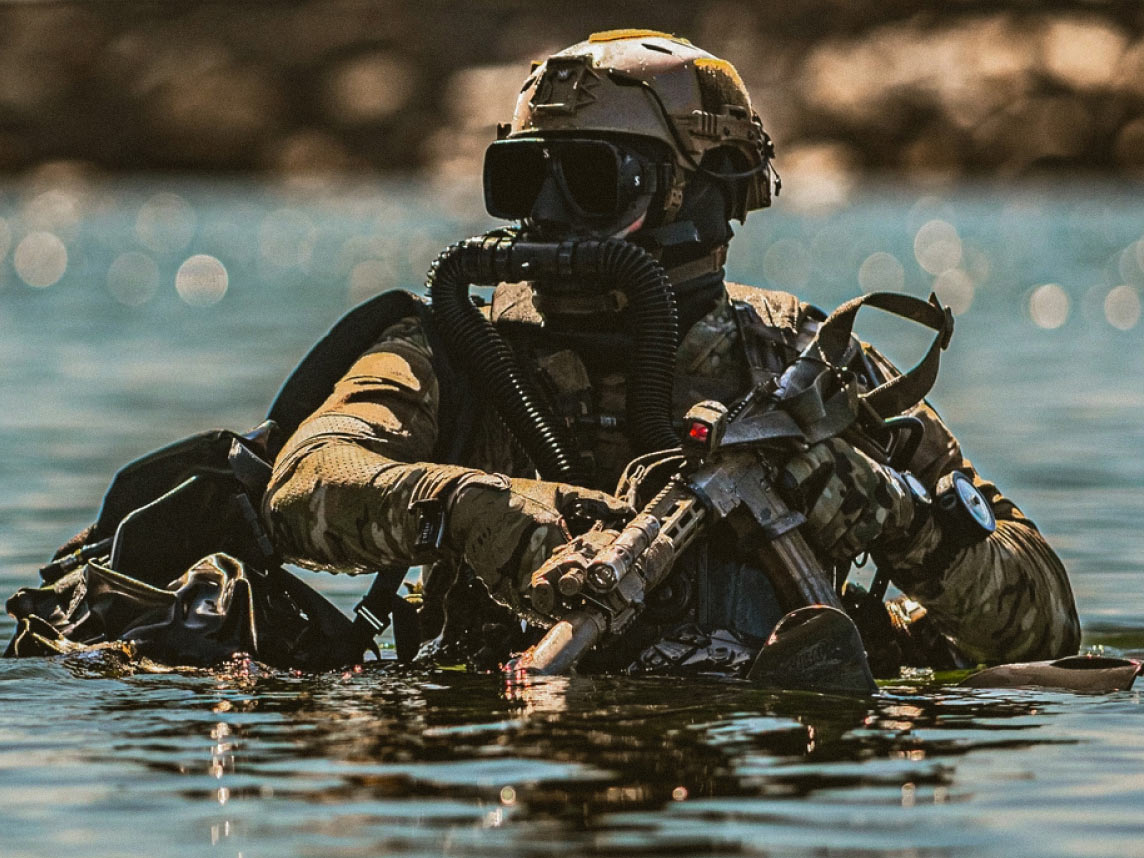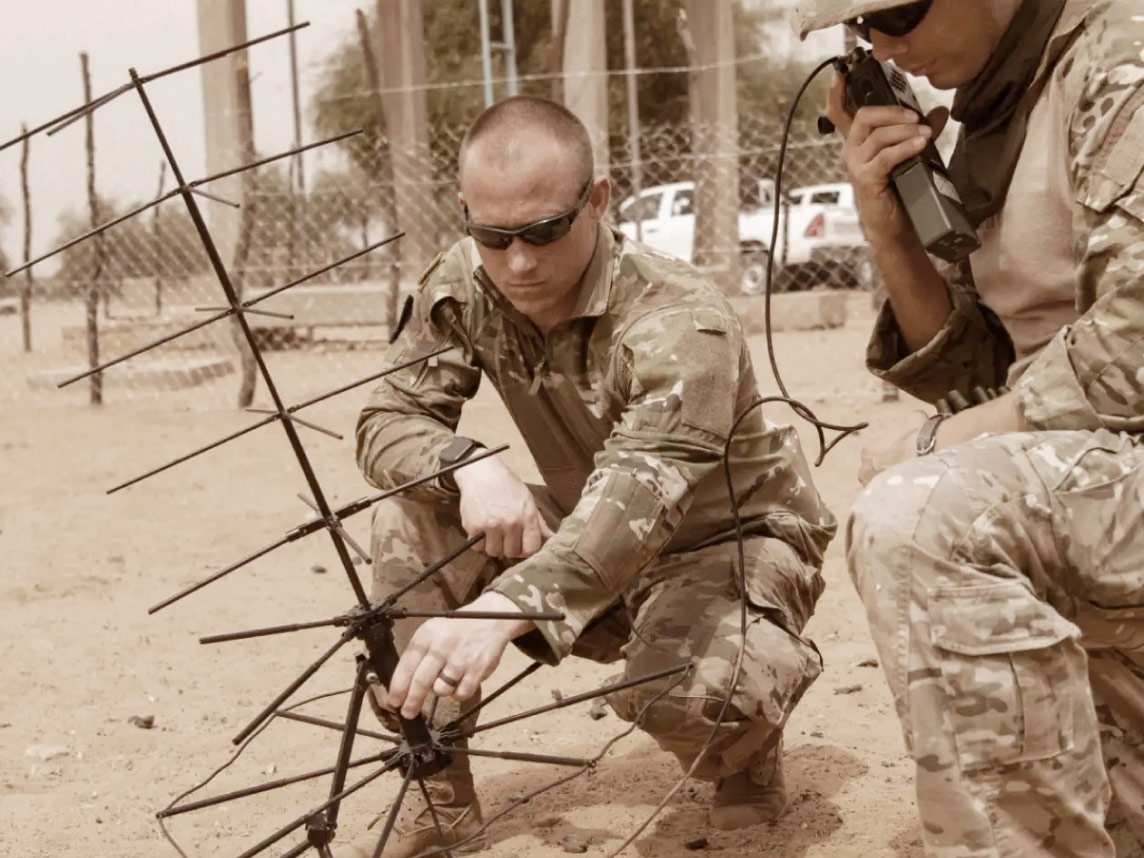Special Operations
Achieve the impossible.
Do you have what it takes? Meet the best of the best: Special Operations, the most elite forces in the U.S. Army.

Join
Join
the
the
Elite.
Elite.
What sets Special Operations apart?
There is no other Army force that requires as much training and dedication as Special Operations, but those who succeed will have a unique and exceptionally rewarding experience.
The thrill of adventure.
Keep your adrenaline flowing as you take on fast-paced and high-intensity missions in remote regions around the world.
The ultimate challenge.
Test your physical and mental endurance while reaching your peak potential both as a Soldier and as a person.
Become the best.
Be part of an elite group of individuals trained to lead and succeed in protecting the country from threats.
One unstoppable force.
Special Operations consists of five units with unique specialties for each. Soldiers in Special Operations work in small tactical teams to take on the Army’s most challenging and sensitive missions. It requires extensive training to ensure physical and mental resiliency.

Army Rangers
There is only one tan beret, and it is earned not given. Army Rangers have over 100 career fields in the 75th Ranger Regiment and are experts in conducting the most sensitive combat operations across the globe. It is more than just a motto; it is a promise to the nation: “Rangers Lead The Way!”. Joining requires extensive training, Airborne qualification, and a passing score on the pre-Ranger Assessment and Selection Program (RASP) fitness test.

Special Forces (Green Berets)
Special Forces, also called Green Berets, work in small teams with focused skillsets and access to the most advanced technology, weapons, and gear. You can turn your talent for communication into a mission that makes a global impact. Joining requires extensive training, secret security clearance eligibility, Airborne qualification, and passing the Special Forces Assessment and Selection (SFAS) test.

Psychological Operations (PSYOP)
Psychological Operations (PSYOP) specialists are elite U.S. Army communicators who shape perceptions and influence decisions to protect our nation’s best interests. Joining requires extensive training, secret security clearance eligibility, Airborne qualification, and passing the PSYOP Operations Specialist Course.

Civil Affairs (CA)
Civil Affairs Soldiers are experts in connecting with people on the ground to assess and influence local populations, promote stability, and reinforce military operations. Joining requires extensive training, secret security clearance eligibility, Airborne qualification, and passing the Civil Affairs qualification course.

160th SOAR (Night Stalkers)
SOAR, also called the 160th Special Operations Aviation Regiment(Opens in new window) or Night Stalkers, are aviation experts who use cutting-edge aircraft to surprise enemies. Joining requires qualification for a Night Stalker MOS, secret security clearance eligibility, Airborne qualification, and being in a qualifying MOS.
Benefits that protect your future
Take the first step.
Common questions about Special Operations.
Not finding what you need?
Chat with us any time.
How do I become a Special Operations Soldier?
How do I become a Special Operations Soldier?
Enlisted Soldiers must first qualify and then be selected to join Special Operations. Requirements vary within each of the five units, but can include things like qualifying for a security clearance or having an ASVAB entrance test score above 100. After qualifying, Soldiers begin rigorous mental, physical, and technical training that can take between several months to over a year to complete.
What are the advantages of being a Special Operations Soldier?
What are the advantages of being a Special Operations Soldier?
Special Operations Soldiers complete more training and special courses, which means they receive promotions and climb in rank and pay faster than regular Soldiers. Special sign-up, re-enlistment and skill-based bonuses and other benefits are also available to them. Beyond compensation, there’s the opportunity for personal growth and the chance to have a unique and exceptionally rewarding experience.
What is the difference between Special Operations and Special Forces?
What is the difference between Special Operations and Special Forces?
Special Forces is an individual unit within Special Operations. Special Operations is a collective made up of Army Rangers, Special Forces (Green Berets), Night Stalkers, Psychological Operations, and Civil Affairs.
What happens if I don’t make it through Special Operations training?
What happens if I don’t make it through Special Operations training?
Not everyone who pursues Special Operations training is successful, but everyone who attempts it is respected—regardless of the outcome. If you don’t make it through training, you’ll still be highly trained and qualified for another position within a regular Army unit.